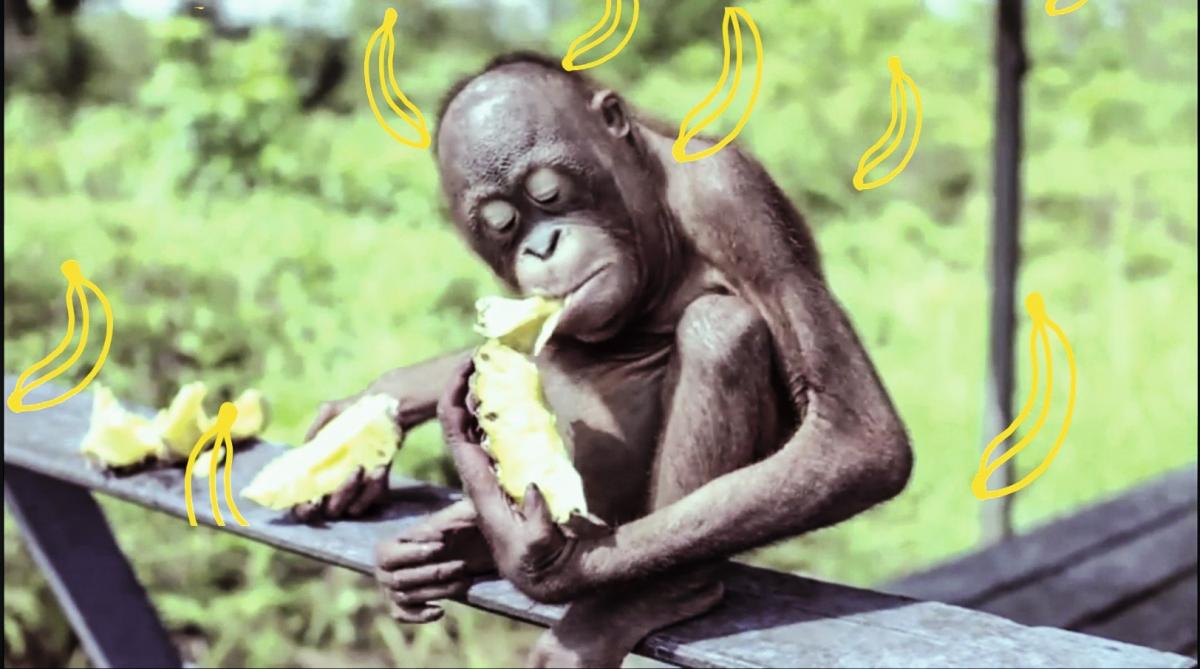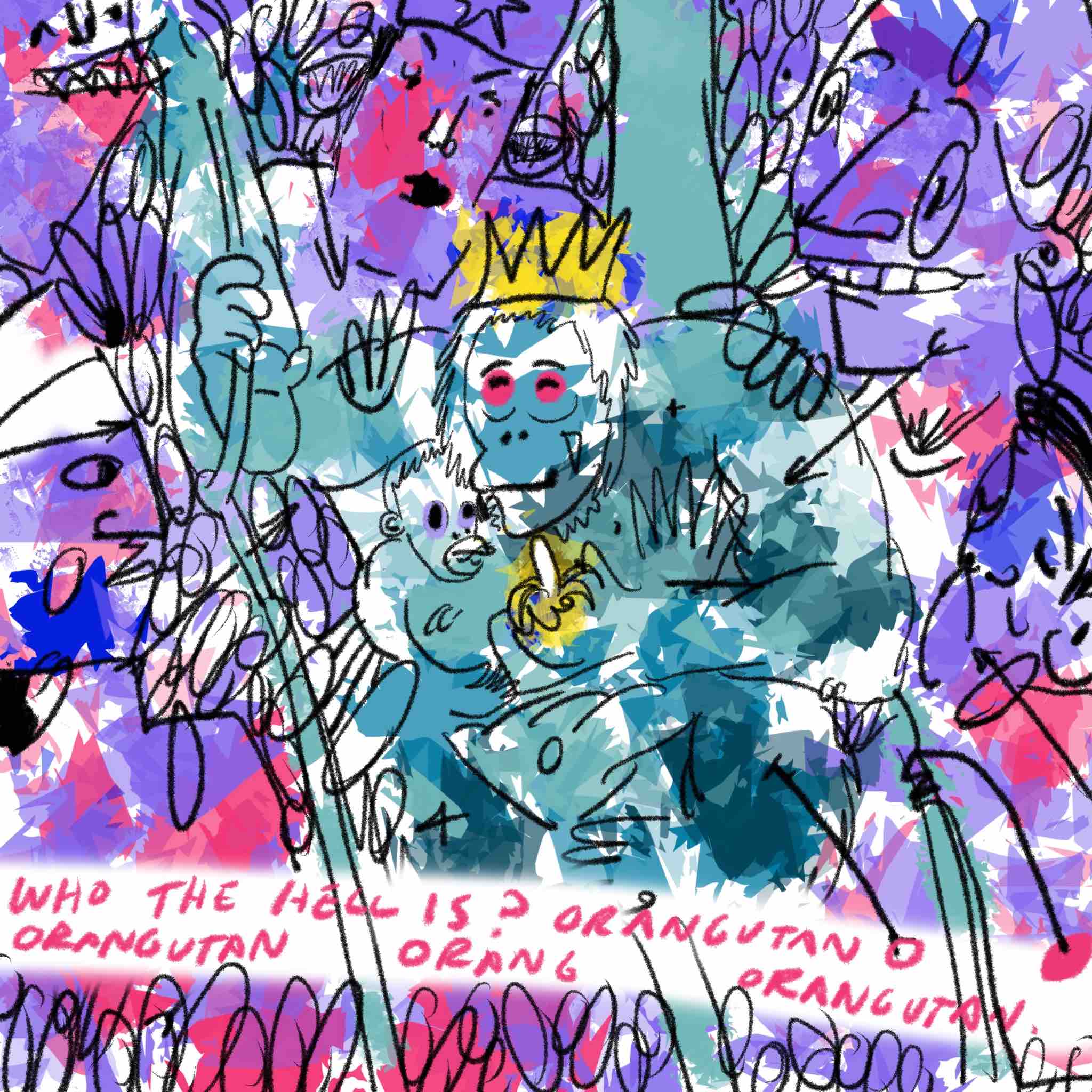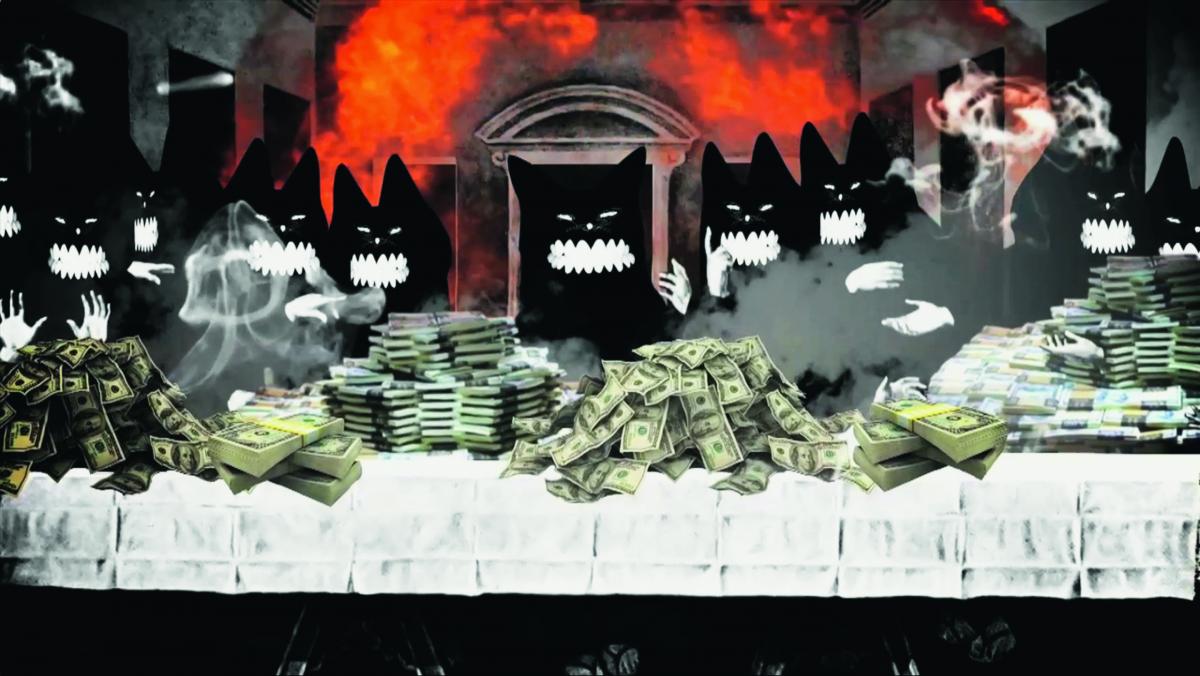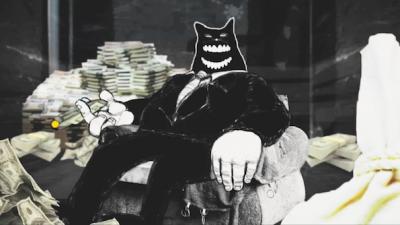
Karima 2G: A Racist Antidote
With her video «Orangutan» Italian artist and activist Karima 2G responded on racist comments of Italian politicians in the context of the election of Italy's first black government minister Cécile Kyenge in 2013. Our author comments on this strong music video as a «cutting and resoundingly tongue-in-cheek rejoinder». A commentary from the Norient book Seismographic Sounds (see and order here).
The response to the election of Italy’s first black government minister Cécile Kyenge in 2013 provided a solemn reminder of the overt racism that still flourishes in parts of Europe. Mario Borghezio, a member of the European parliament for the Northern League, made the staggering claim that Kyenge would «impose her tribal traditions from the Congo» adding «she seems like a great housekeeper but not a government minister». Another Northern League politician, Roberto Calderoli, suggested that Kyenge had «the features of an orangutan», while former politician Dolores Valandro went as far as to call for the rape of the minister.
Undermining the Racist Rhetoric
«Orangutan» is artist and activist Karima 2G’s cutting and resoundingly tongue-in-cheek rejoinder. With a daring multimedia video, which intersperses images of wildlife with black power (risky, but it works) and a catchy hook that demands «Who the hell is? Orangutan O Orangutan Orang Orangutan», Karima skillfully undermines the Italian politician’s racist rhetoric. Karima appears incredulous at the comparisons between black people and monkeys when she sings: «I’m a supermodel. Here comes the big show. Smile, take take take my picture.» By responding in this way, she executes a mortal blow to any attempt that would seek to reduce Africans to sub-human status.
Growing up with a Nigerian father and an Irish mother in Ireland in the 1980s, I am all too familiar with this type of dehumanizing narrative. Certainly, a track like «Orangutan» would have provided a powerful antidote as I struggled to make sense of my identity in a land that was arguably my own, but simultaneously felt like it could never be home.
Music as a Tool for Social Justice, Change, and Transformation
This track demonstrates the importance of what it is that Karima 2G does. Her name 2G stands for second-generation, a direct reference to the phrase used to describe Italy’s exclusionary immigration policy. The racist policy, officially known as jus sanguinis, prevents children born to immigrant parents from obtaining Italian citizenship until they are at least eighteen years of age, after which point citizenship is still not guaranteed. Utilizing music as a tool for social justice, change, and transformation, Karima gives voice to Black Italians, while also encouraging them to celebrate their African heritage. Karima’s work is meaningful to people throughout the African Diaspora, but especially important to those from countries such as Ireland or Italy where their very presence is denied. Unlike countries such as the UK, which has a distinctive black British culture, there remain many other European nations in which Black people are discouraged from ever really belonging (legally and/or culturally). The sense of liminality is often compounded by the lack of a recognized black national identity in many such nations. For Afropeans from such spaces – where identities are effectively erased through an intersectional denial of their existence – whose lives are marked by invisibility, the contributions of artists such as Karima remain absolutely necessary.
This text was published first in the second Norient book Seismographic Sounds.
Biography
Shop

Published on September 07, 2017
Last updated on April 10, 2024
Topics
Why New Yorks’ underground doesn’t give a fuck about Trump or why satirical rap in Pakistan can be life threatening.
A form of attachement beyond categories like home or nation but to people, feelings, or sounds across the globe.
What happens, when artists move from one to another country? For example, when an Arab artist replaces the big tractors in her the village with big jeeps of the West.
About Tunisian rappers risking their life to criticize politics and musicians affirming 21st century misery in order to push it into its dissolution.
How artistis deal with this non-natural but political category as a result of its ideological dominance.
Special
Snap



